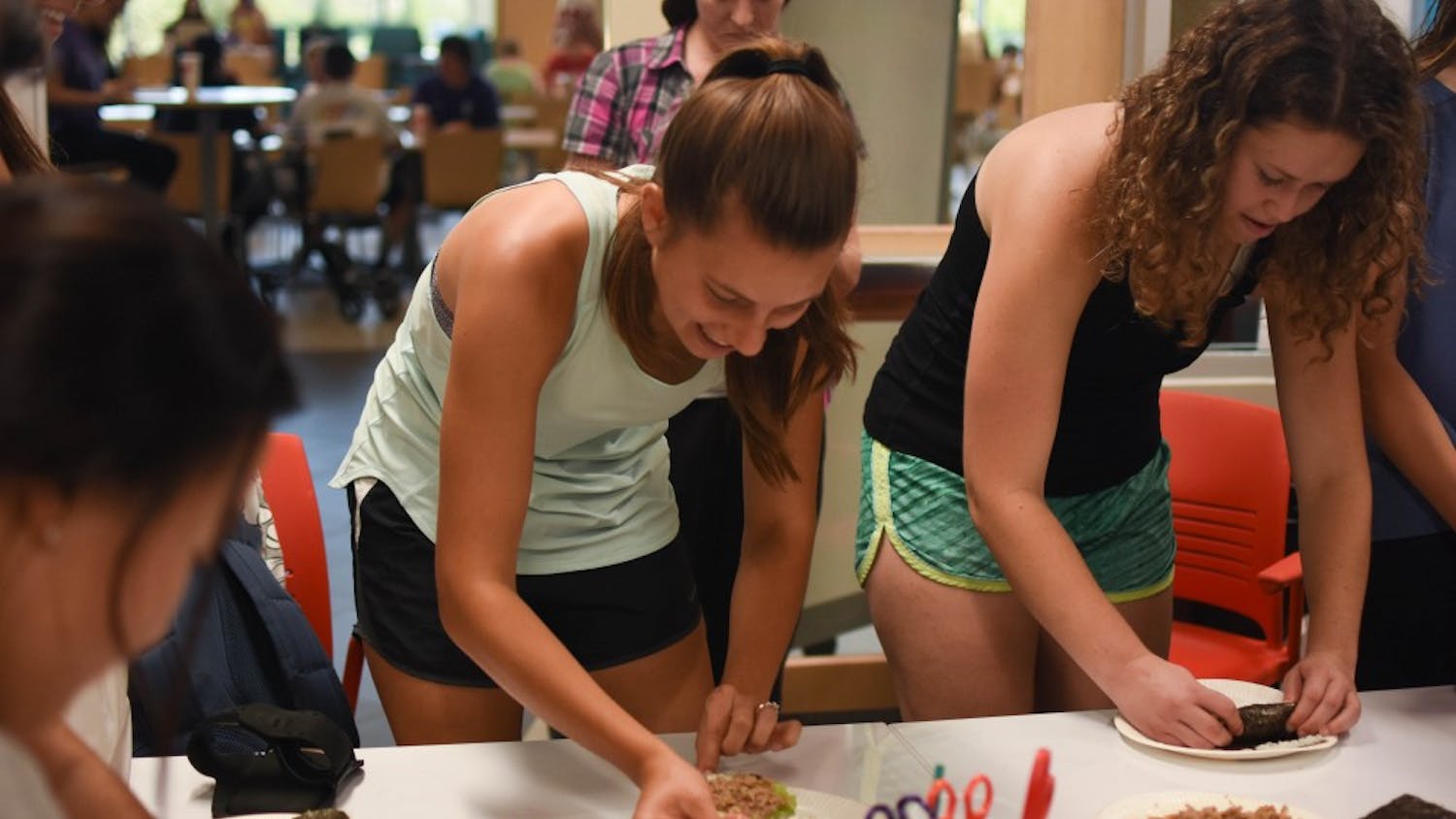As the coronavirus outbreak in China continues in severity, the Spencer Centre for Global Engagement canceled its first semester program in China earlier this month.
“This kind of medical epidemic could have started anywhere — it started in China,” said Charlie Brainer, dean of international programs. “You can’t predict those things.”
The semester program was partnered with the business department and was set to take three students to Xi’an, China. In addition to traveling the country and completing a practicum, students would take courses in Chinese language, calligraphy, history and culture.
However, as the outbreak reached beyond its epicenter in Wuhan, China, it became clear that the program would no longer be viable.
Coronaviruses, as defined by the World Health Organization, is a group of viruses which can cause illnesses ranging from the common cold to more serious respiratory diseases. As of Thursday, Feb. 13, China had confirmed 59,804 cases and 1,367 deaths.
Initially, Jeff Sherlock, professor of international business and management, said he thought the study abroad program could be salvaged when the outbreak was constrained to Wuhan. He thought the three Taylor students studying in China could just exercise caution in their classes and travels.
However, he and his colleagues examined the trend of the virus and made the decision to cancel the trip before the three students affected would be unable to get into spring semester classes.
“We wanted to make sure students didn’t also lose a semester of credit,” Sherlock said. “They weren’t supposed to leave until late February, so had we waited (until) the 15th or 20th, then students couldn’t have gone on that program and they couldn’t have taken classes here. We wanted what’s best for our students.”
It was a unique and uncommon decision for Taylor’s study abroad programs, but everyone involved ultimately agreed it was the best decision.
Giving confirmation to and coinciding in time with the university’s decision, the U.S. Department of State raised a level three travel advisory for China, meaning only absolutely necessary travel. Several days later, the travel advisory was raised to a level four, prescribing no travel to China, which is still in effect as of Thursday, Feb. 13.
While Taylor’s Chinese partner has not officially canceled their semester study abroad program, Sherlock said they reserve the right to cancel their program up until the day before it was set to start, Feb. 22. Across the U.S., a number of universities have also canceled their semester programs in China. Specifically, Taylor communicated with the University of Michigan, who had also decided to postpone travels to China.
The cost of the CSP was Taylor’s regular tuition, so there has been no monetary loss for students. Flights were able to be canceled for a small fee, which the university reimbursed. Additionally, if China does not honor a renewed study visa for a future trip, the university has committed to cover the cost of repurchasing a visa.
The three students set to attend, freshman Riley Coolman and sophomores Laura Gonzalez and Jack Shroyer, all anticipate studying abroad in China when the outbreak passes and Taylor offers the semester again. All three are in different majors — only Gonzalez in the business department — but each has a strong passion for experiencing Chinese culture, history and language.
For Coolman, the semester will be an opportunity to connect with the country she was born in, while Shroyer and Gonzalez will look forward to connecting with a new language and culture.
“My interest in China hasn’t diminished one bit due to the coronavirus and as soon as I receive the OK from the program’s leaders, I’ll be off again in a heartbeat,” Shroyer said.
Moving forward, Sherlock advised that there is no imminent threat of coronavirus to Taylor’s campus. One faculty member and student were briefly quarantined due to potential exposure during J-term travels, but both have been cleared and are back on campus. Sherlock cited that while coronaviruses are dangerous, more deaths are recorded yearly due to influenza.
Additionally, Brainer said Taylor’s response during this outbreak should be prayer. In Brainer’s life, he has seen God use situations like this to grow the church and give people new hope, which is something he hopes can happen now.
“I hope we don’t miss the larger story of this, which is the people of China,” Brainer said. “I hope that we would look at it from a kingdom perspective, especially for those people living in Wuhan and those who do not know Jesus who are living in great fear and without hope, that (we would pray that) the church in Wuhan and China would have this opportunity to show love, compassion, hope and light.”
He also encouraged Taylor’s campus to consider the Chinese students studying on campus and how they may be worrying for their families and country.
Rather than let this outbreak become a division or stigma, Brainer sees this as an opportunity for Christ to unite these two parts of the world in spirit.
“In the globalized world today, these things will happen in different sectors of the world,” Brainer said. “And yet as believers, we learn to manage risk and still be faithful to our mission ... so, in the short term, we do this, but in the long term, we remain committed to China.”





